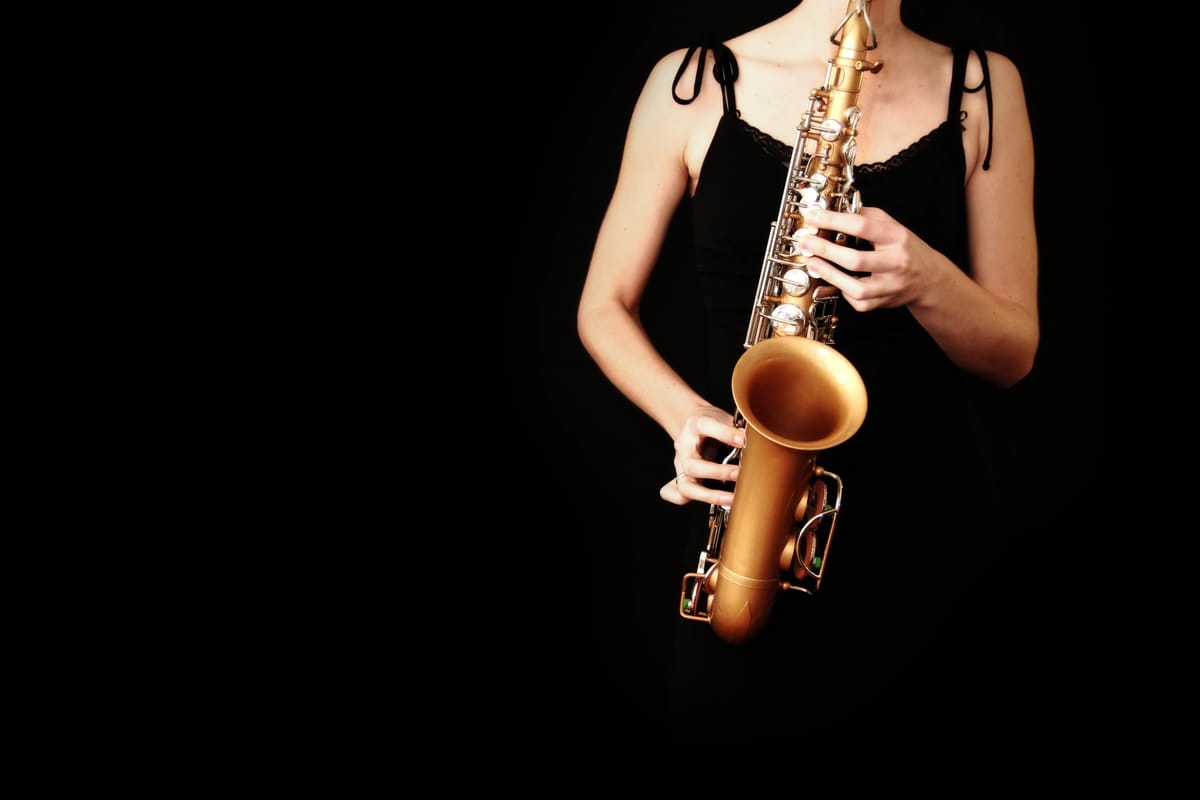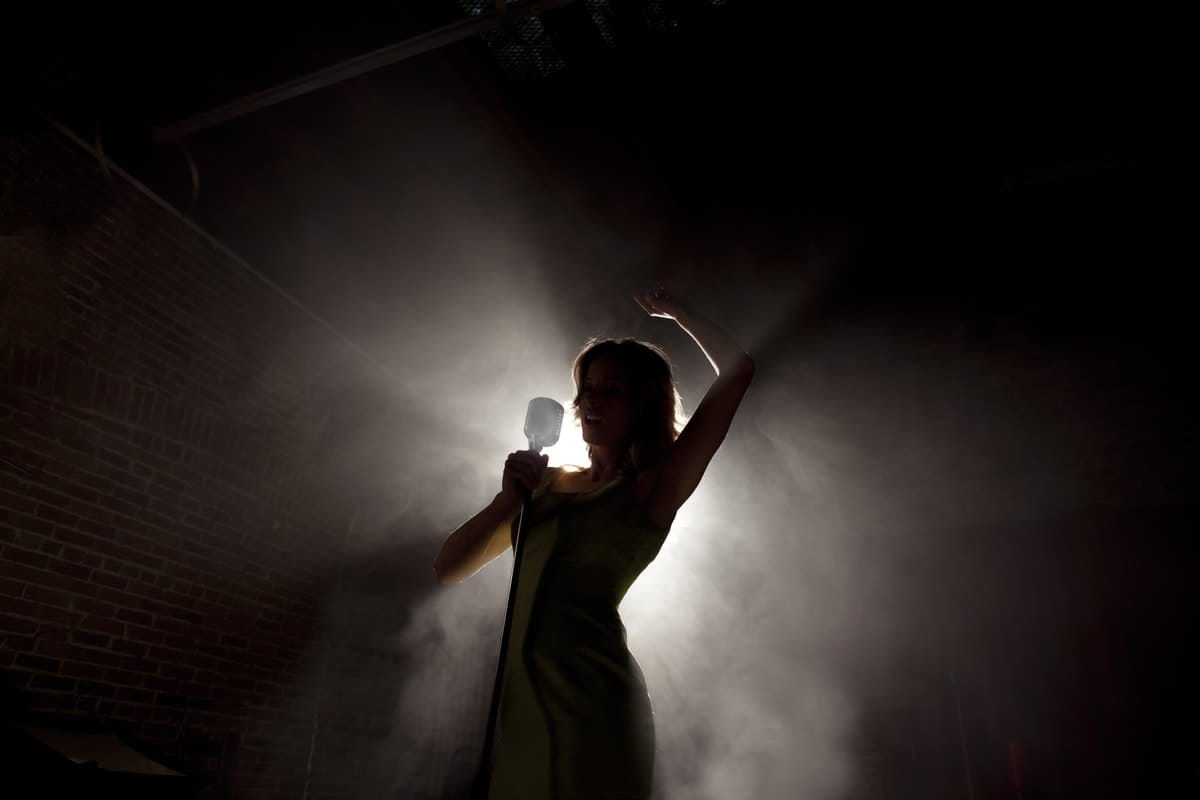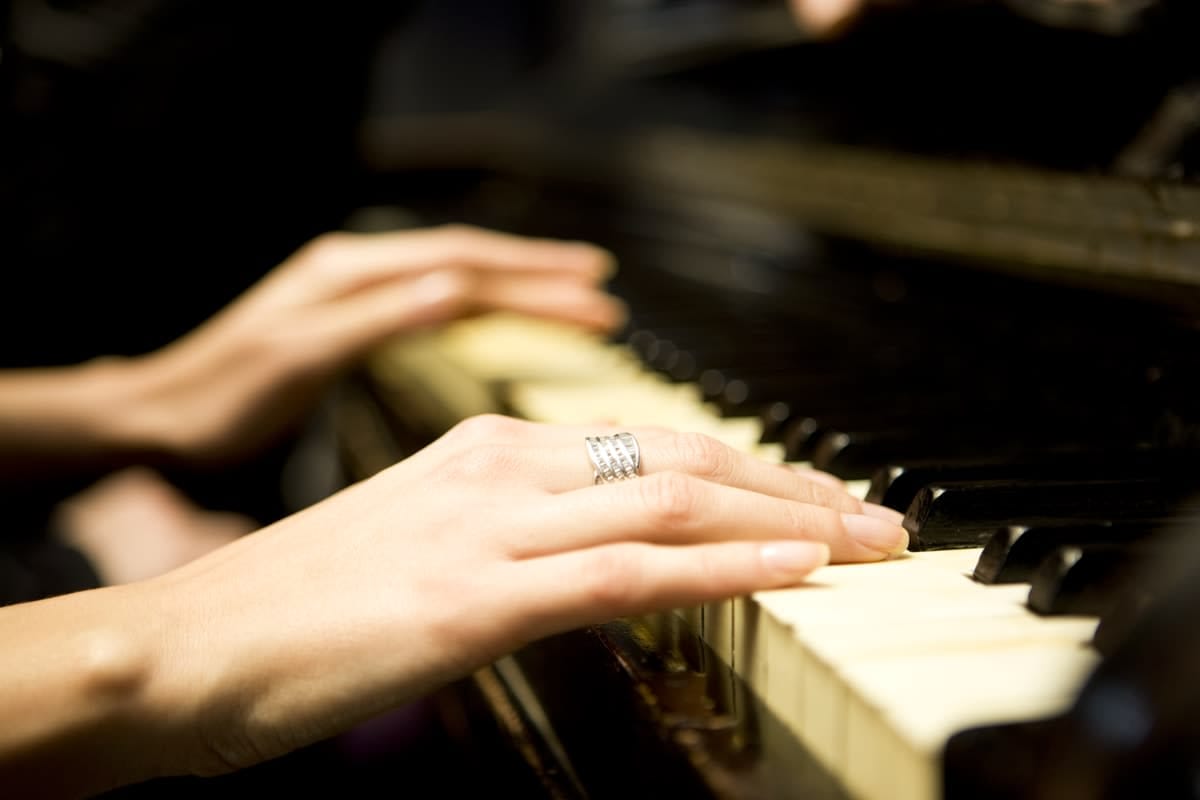
The cultural power of the #MeToo movement has influenced many male-dominated industries, including jazz and improvisation, in which men have tended to be overrepresented in participation, programming and leadership.
With critical discussions of sexism and patriarchal norms now becoming mainstream, musicians, programmers and audiences are increasingly motivated to develop the sector into a safer, more diverse, and inclusive space for women and gender-diverse people.
Despite these growing calls for gender equity, however, the Australian jazz industry and its “chronic gender inequality” have, so far, proven stubbornly resistant to change.
Yet change is the aim of Monash University's “Gender Diversity in Australian Jazz and Improvisation” project, which is challenging the narrative to improve the situation for women and gender-diverse people in the industry.
Funded by the Australian Research Council, a new industry survey will offer important insights into contemporary practices of gender inclusion, exclusion, and participation in the sector.
This research provides an opportunity to create positive change for policy and practice in Australian jazz and improvisation, such as building awareness and promoting respectful educational practices. The outcomes of this project will also inform the music sector more generally.
Historic gender norms and prejudices
Numerous studies have shown that the “boys’ club” culture of the jazz industry is fuelled by the historic baggage of gender norms and prejudices. The gendering of instruments, a male-dominated jazz canon, and the idolisation of the masculine improvising “genius” are among the factors that facilitate men’s monopoly over jazz and improvisation.
This legacy has also led to harmful stereotypes, such as the belief that vocalists serve a merely decorative role in the band, or that men are better improvisers.
Such outdated beliefs understate gender-diverse people and women’s contributions to music, and perpetuate disproportionate participation and hiring practices in the present day.

Men have become the sector’s gatekeepers
While there’s currently no survey data on the Australian jazz and improvisation industry, a few statistics give evidence of its heavily masculinised culture.
According to independent media company Attaboi, of the ABC’s top 100 jazz musicians voted by listeners in 2020, 77.78% were men, with the number of women plummeting from 22.22% to “a dismal 7.25%” when vocalists were not included.
Moreover, of the 536 artists the ABC suggested to voters, only 16.82% of those artists were women.
Read more: Talkin’ all that jazz: Unsilencing gender in music
These findings are symptomatic of a homogeneity in the industry, and it certainly doesn't stop at musicians. From booking agents to venue owners, bandleaders, jazz critics, teachers and university lecturers, all of these important roles are dominated by men, who have become the sector’s gatekeepers.
For gender-diverse people and women who do participate in jazz and improvisation, they can be subjected to unfair treatment such as subtle and insidious forms of discrimination, stereotyping, tokenism, gender biases, and double standards.
Broader issues have also been found to persist, such as unequal rates of pay, gender imbalance in key leadership roles, and gendered expectations of labour.

A push for change
In an industry characterised by its informal networks, competitiveness and job insecurity (which has been exacerbated by COVID-19), women and gender-diverse people can benefit from extra support to access the same opportunities and reimbursement as men. Men can also be conscious of supporting gender diversity around them, and advocating for change.
In recent years, there’s been a concerted push to challenge gender imbalances throughout the industry. Gender equity organisations and initiatives such as Gender Defying Jazz, All In Melbourne, Attaboi, YoWo and Take Note are supporting the work of women and gender-diverse people, and increasing their visibility in the industry.
Monash University is leading the charge for greater diversity and inclusion in jazz education with its adoption of the international KeyChange initiative, which pledges to reach a 50:50 gender balance by 2022.
Awareness of sexism and gender violence in the industry has also grown in tandem with the rise of the #MeToo movement, with some arguing that “ jazz is having its own #MeToo moment”. With almost four in 10 Australians mistrusting reports of sexual assault, this research comes at a crucial time for the industry as it progresses through the movement.
Expanding on the progress made throughout these initiatives, the industry survey is the first of its kind to examine gendered attitudes and experiences in jazz and improvisation, and how these continue to contribute to participation and representation.
The project also addresses gender disparity within educational settings, and how outdated gender stereotypes can be changed to promote respect, equity, and inclusion, to help transform the wider industry.
Intersectional factors such as disability status, ancestry or ethnicity, and socio-economic background are also influential to individual experiences, and will be examined throughout the project.
From this, well-informed initiatives and policies can be developed to help make the Australian music industry safer and fairer for all.
The “Gender Diversity in Australian Jazz and Improvisation” project will run until 2024. Currently, everyone involved in the scene, of any gender or skill level, is encouraged to contribute to an anonymous national industry survey. A student version of the survey, for any level course or enrolment, is available here.





